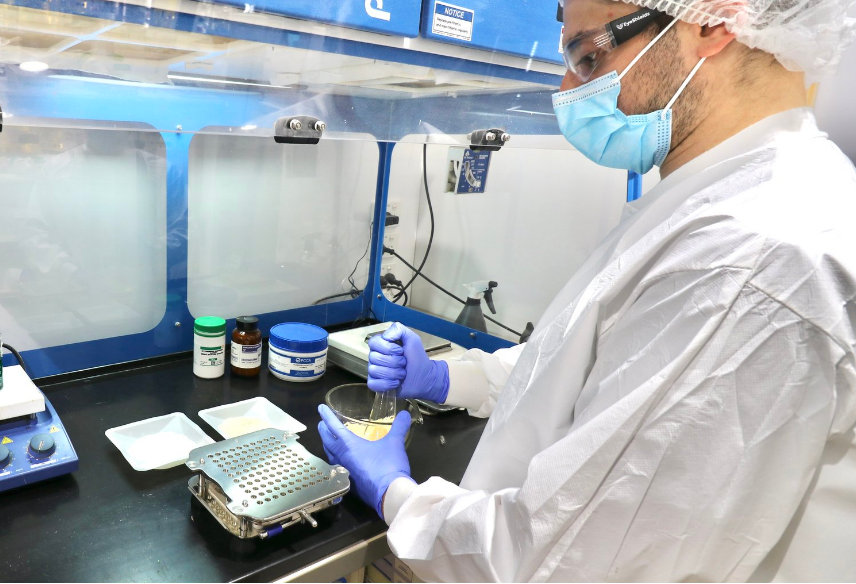In the realm of modern medicine, compounding medications play a crucial role in meeting the unique needs of patients. While commercial pharmaceuticals are readily available for common ailments, there are instances where personalised medications are necessary to address specific health conditions. For patients and caregivers navigating the landscape of compounded medications, understanding the process, benefits, and considerations is essential. This guide aims to provide comprehensive insights into compounding medications, empowering patients and caregivers with the knowledge they need to make informed decisions about their healthcare.
Understanding Compounded Medications:
Compounded medications refer to pharmaceutical preparations that are customised to meet the individual needs of patients. Unlike mass-produced drugs, which are manufactured in standardised doses and forms, compounded medications are tailored by pharmacists based on a prescription from a healthcare provider. These medications are often necessary for patients who require alternative dosage forms, have allergies to certain ingredients, or need specific strengths of medication that are not commercially available.
The Compounding Process:
The process of compounding medications involves mixing, combining, or altering pharmaceutical ingredients to create personalised medications. Pharmacists skilled in compounding follow precise formulations provided by healthcare providers to ensure the accuracy and safety of the compounded medication. This process may involve techniques such as grinding, mixing, or dissolving ingredients to achieve the desired dosage form, whether it be a cream, capsule, liquid, or suppository.
Benefits of Compounded Medications:
One of the primary benefits of compounded medications is their ability to address individual patient needs that cannot be met by commercially available drugs. For patients with allergies or sensitivities to certain ingredients found in mass-produced medications, compounding offers a solution by allowing pharmacists to formulate medications without those allergens. Additionally, compounded medications enable healthcare providers to adjust dosage strengths and create alternative forms of medication for patients who have difficulty swallowing pills or require specialised delivery methods.
Compounded medications also play a crucial role in paediatric and geriatric care, where dosing requirements may differ significantly from standard commercial formulations. By customising medications to suit the unique needs of these patient populations, compounded medications can improve treatment outcomes and enhance patient compliance.
Considerations for Patients and Caregivers:
While compounded medications offer numerous benefits, there are important considerations for patients and caregivers to keep in mind. First and foremost, it is essential to work closely with a trusted healthcare provider who can assess the need for compounded medications and prescribe them appropriately. Healthcare providers should collaborate closely with compounding pharmacists to ensure that compounded medications are formulated safely and accurately.
Patients and caregivers should also be aware of the regulatory framework governing compounded medications. In the United States, compounding pharmacies are subject to oversight by both federal and state regulatory agencies to ensure compliance with safety and quality standards. It is advisable to choose compounding pharmacies that adhere to these regulations and prioritise patient safety.
Additionally, patients and caregivers should communicate openly with their healthcare providers and compounding pharmacists about any concerns or questions regarding compounded medications. Understanding the rationale behind the use of compounded medications, as well as potential side effects or interactions, is essential for informed decision-making.
Conclusion:
Compounded medications play a vital role in modern healthcare, offering personalised solutions for patients with unique medical needs. For patients and caregivers, understanding the process, benefits, and considerations associated with compound medication pharmacy is crucial for making informed decisions about treatment options. By working closely with healthcare providers and compounding pharmacists, patients can access customised medications that address their individual health concerns, ultimately improving treatment outcomes and enhancing quality of life.



